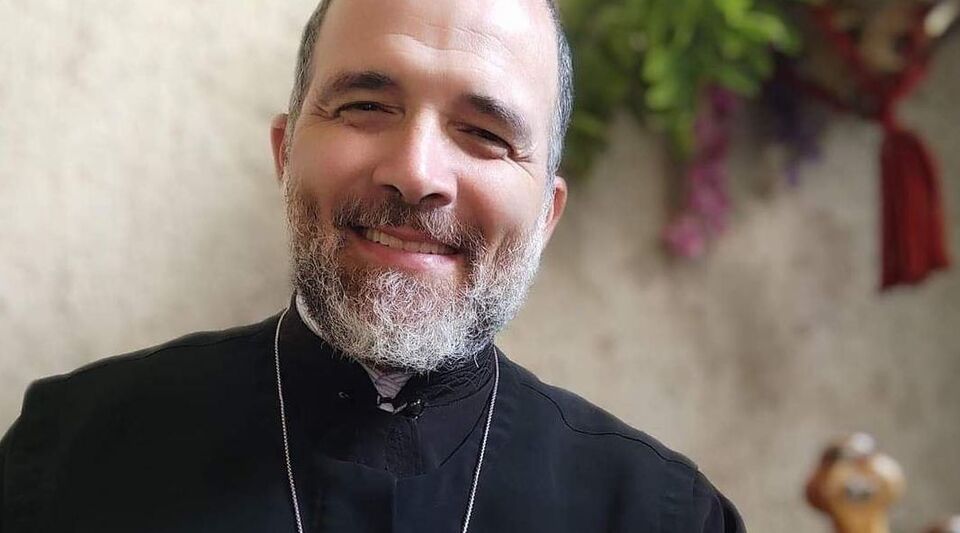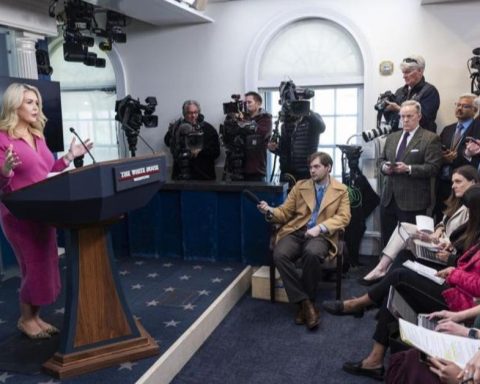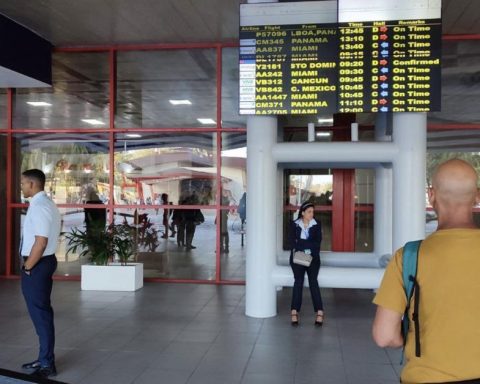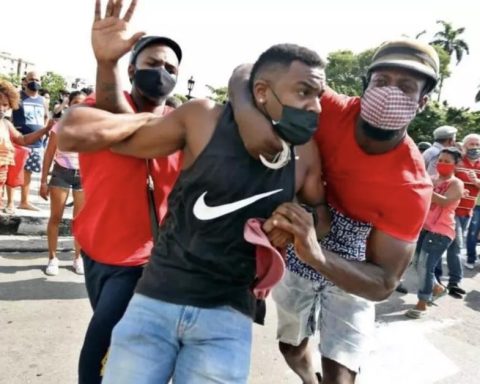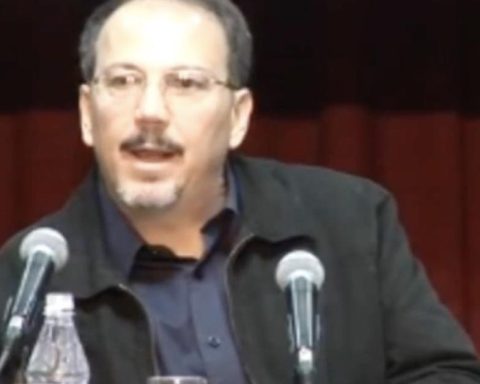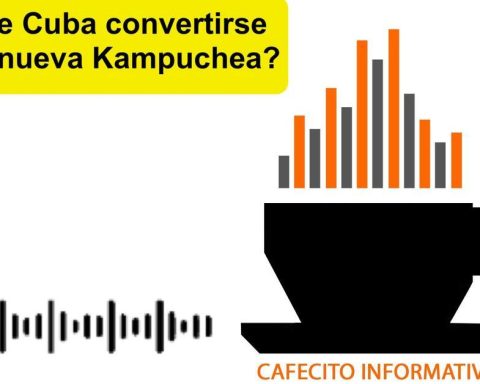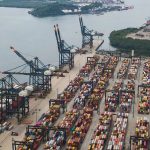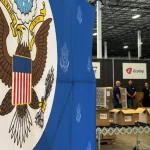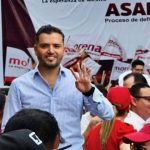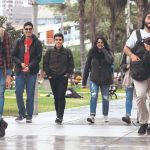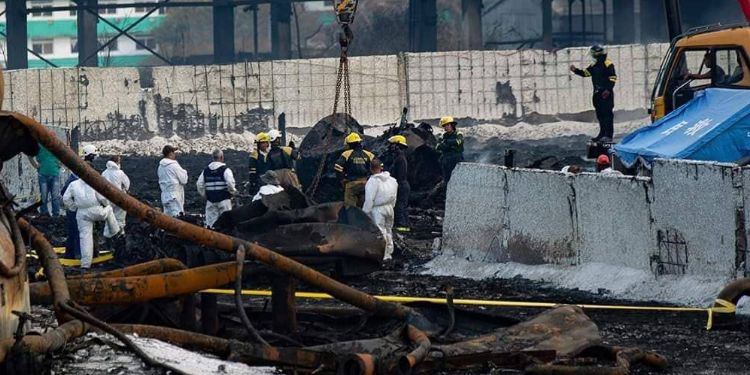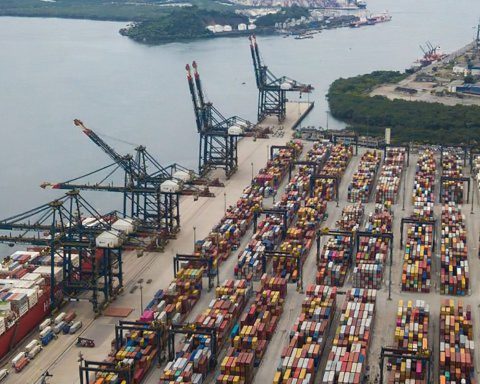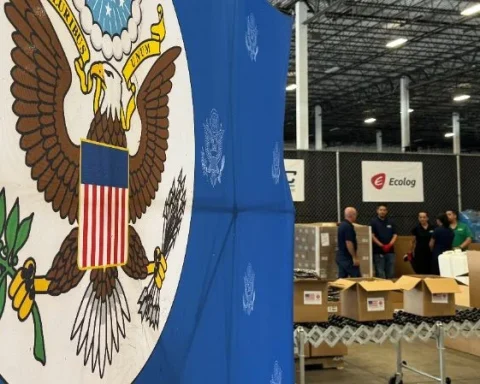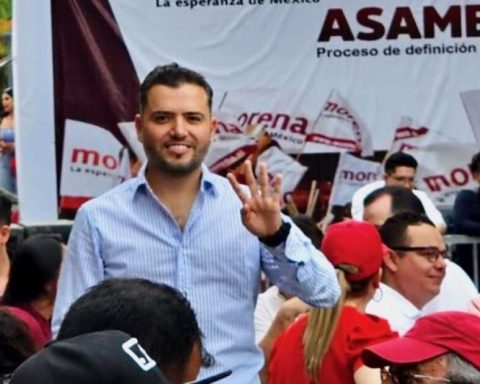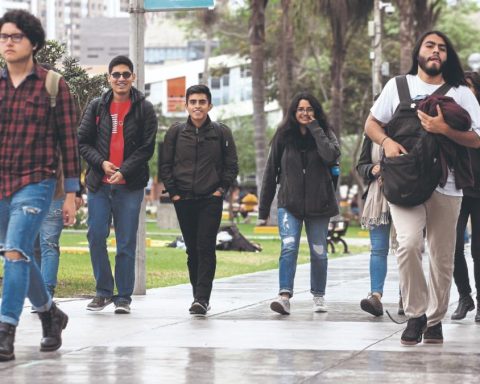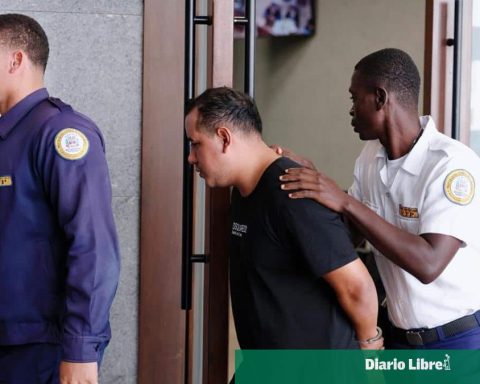With Juan Carballosa Cordoví, a priest of the Russian Orthodox Church in Holguín, there is much to talk about. It is surprising that a spiritual tradition as remote and to some extent exotic as the Slavic has a community of 32 believers in eastern Cuba. According to the priest, his faith and that of his family is nourished by a lineage of martyrs, travelers and men committed to the truth.
That same legacy prevented him from keeping silent almost two weeks ago, when the inhabitants of Nuevitas, in Camagüey, they took to the streets asking for justice and freedom. While the police beat the demonstrators, the priest denounced the “long nights without sleep, with heat and insect bites, added to inflation, lack of food and medicine that our noble people endure”, and demanded “moderation and empathy” from the Government.
Several days later, Carballosa talks with 14ymedio on the issues that most concern him as a pastor and as a Cuban. In addition to his position on violence and government repression, he discusses the conflict in Ukraine, the Russian Orthodox Church in Cuba, and his own history as a priest.
Born in Holguín 48 years ago, Carballosa directs a mission of the Russian Orthodox Church Abroad (Rocor, for its acronym in English). Unlike Catholic priests, Orthodox priests are allowed to marry, which is why Carballosa has been married for 25 years and has two children.
“Speaking as a citizen who, at the same time, is a priest of the Russian Orthodox Church in Holguín, I did so in a personal capacity and not as an official spokesperson for my Church, and I would do so again in the future if necessary”
He has been a priest for 15 years, most as part of the Greek Orthodox Church – the other major branch of Orthodox Christianity – and, since May 2021, he has served the Moscow Patriarchate.
The small community of Orthodox Holguineros is under the jurisdiction of Russian Patriarch Kirilla religious leader close to the Cuban regime, and also has the acceptance of Metropolitan Hilarión, head of Rocor in the United States, who recently passed away.
“That is why it is logical that very few people outside the Cuban Orthodox sphere are aware of the existence of our young community,” he admits.
His words of solidarity with the Nuevitas protesters, who joined those of other priests, nuns and members of different faiths, showed him as a critical voice towards the growing violence of the national authorities.
“They respond to my feelings as a priest and as a Cuban,” explains Carballosa. “Speaking as a citizen who, at the same time, is a priest of the Russian Orthodox Church in Holguín, I did so in a personal capacity and not as an official spokesperson for my Church, and I would do so again in the future if necessary.”
The religious ensures that no one can express himself on behalf of the entire institution he represents at the local level. That is why his message, above all, was the claim of a Cuban. “This writing, which advocates peace, empathy and unrestricted respect for human rights, was something spontaneous. It is something inherent to the discipleship of Christ and my duty as a Cuban.”
In Cuba, he says, there are many “modern Pilates” who attribute their inaction to prudence and think that “‘washing their hands’ exempts them from their responsibility with history and with those who suffer.” “They forget that lukewarmness is the least honest way to face life,” he concludes.
“I like to define myself as a man of peace, a defender of freedom but through a peaceful path, which is not at odds with the Irenist (peaceful) struggle to obtain all the legitimate rights of human beings”
Carballosa addresses his message to “all those Cubans who, in any corner of the island, raise their voices and their hearts against the offenses of which they are victims, but who, at the same time, do so in a strictly peaceful manner.” Violence is not an option, not even verbal or psychological.
“I like to define myself as a man of peace, a defender of freedom but through peaceful means, which is not at odds with the Irenist (peaceful) struggle to obtain all the legitimate rights of human beings,” he adds.
In recent days he has suffered misunderstandings for the publication of his message, but “I would rewrite it hundreds of times more, since I come from a long spiritual lineage of Russian holy martyrs and confessors who have not bowed their heads.” His vocation, he assures, is with those “persecuted and mistreated for the sake of justice.”
“A warrior for Christ takes risks and strives every minute, especially if the Lord judged him to live in times of persecution,” he explains, quoting Slavic priest Andrei Gavrilenko.
Like any priest, Carballosa is due to the hierarchy of his Church. Regarding his superiors outside Cuba, he guarantees that “they are not ignorant of my Christian position regarding the defense of the man who suffers abuse and rape at the hands of another man; to be a voice for those who have no voice, a light for those who walk in darkness and a presence that drives away the beasts of the road is something that every bishop should expect from his clergy”.
It adds that, despite Patriarch Kiril’s closeness to the Government of Havana – a city in which this religious leader held a meeting with Pope Francisthe highest representative of the Catholic Church – there is no “political position” of the Orthodox Church on Cuba.
“There is no political position of Russian Orthodoxy for the Cuban people, nor for any people: the Church is not called to transform the world through politics but through the distribution of divine life”
“There is no political position of Russian Orthodoxy for the Cuban people, nor for any people in the world: the Church is not called to transform the world through politics but through the distribution of divine life,” he says.
However, there is a position that could be considered “official”, but it is the one that refers to “the liturgical life and the sacraments”, and to “commitment to the preaching of the faith”.
Regarding the meeting with Pope Francis, he recalled that topics such as the “ecological situation, aid to persecuted Christians in the Middle East and collaboration in terms of refuge for those displaced by armed conflicts, as well as defense of the family”.
Regarding another controversial issue – the conflict in Ukraine – Carballosa affirms that it is clear that Patriarch Kirill does not want war, but that he is the spiritual leader of 90 million Orthodox in Russia and in the diaspora, so the issue is not can be addressed without nuance or clarification.
“Orthodox and military soldiers raise their eyes to him, awaiting the blessing of their patriarch in case they have to die in combat,” he says. “What will he do? Soldiers are soldiers and they owe it to their commanders, but at the same time they are Orthodox Christians and they want to be blessed and feel protected by their priests and bishops in combat, will they be denied this?”
Quoting Catholic Cardinal Robert Sarah, the religious recalls that relations between the Russian State and Church after 1917 were “problematic”, but that after the fall of communism, religion “has largely recovered the role of moral foundation of society that had before 1917”.
Along the same lines, Carballosa describes as “dangerous and absurd provocation” the actions aimed at confronting Ukraine with the Russian Orthodox Church.
With the message of this Orthodox priest, in any case, the role of civil denunciation that some religious leaders of the Island have assumed in recent months is reinforced. Explicit denunciations that, based on the particular faith of these men, offer a voice to a citizenry that is increasingly repressed by their government.
________________________
Collaborate with our work:
The team of 14ymedio is committed to doing serious journalism that reflects the reality of deep Cuba. Thank you for joining us on this long road. We invite you to continue supporting us, but this time becoming a member of our newspaper. Together we can continue transforming journalism in Cuba.
